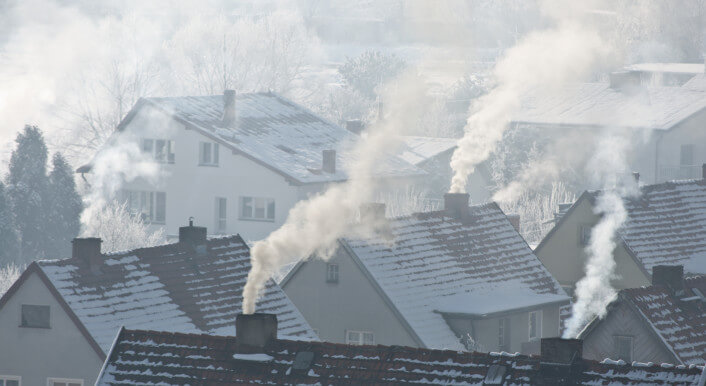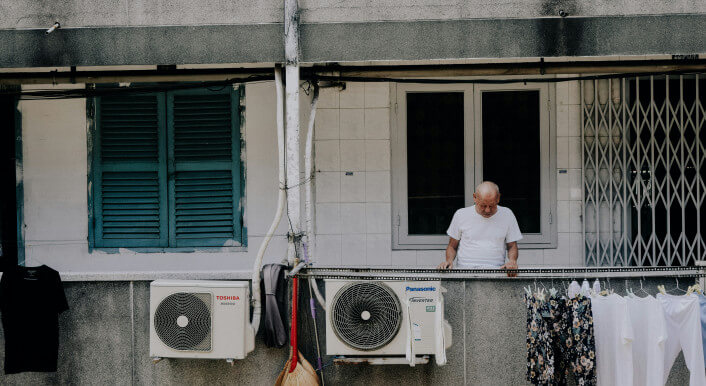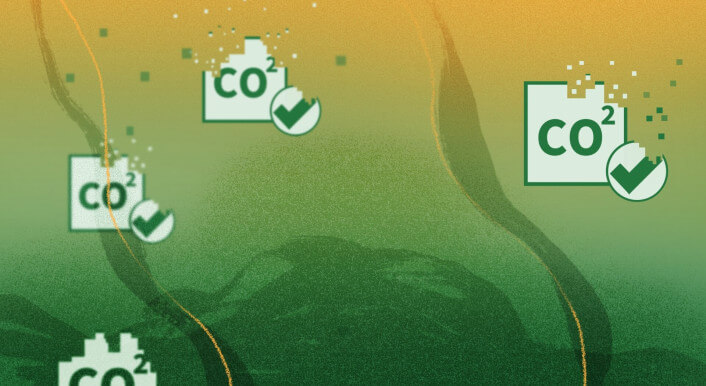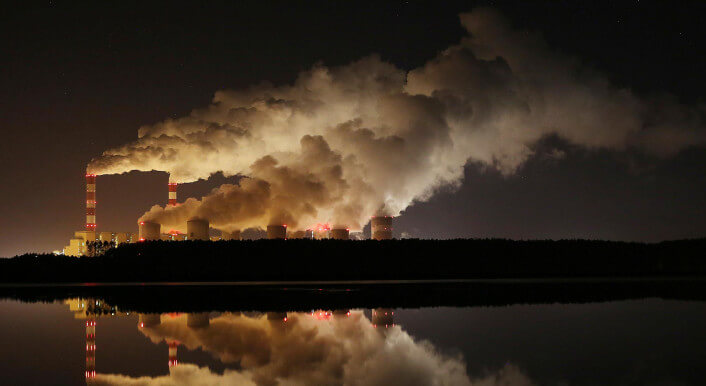EU states not prepared for new carbon pricing
Carbon pricing for transport and heating fuels is to be introduced across the EU from 2027. But several countries are now questioning the rapid phase-out of fossil fuels – which could mean even higher costs in the long term. “We are sleepwalking towards a political disaster,” social democratic MEP Thomas Pellerin-Carlin warns.

Many EU countries are not adequately preparing for the carbon pricing that will be levied on transport and heating fuels across the EU from 2027. This has been reported to CORRECTIV.Europe by experts as well as social democratic and green Members of the European Parliament (MEPs). To prevent rising energy prices in connection with the EU Emissions Trading System (ETS2), various member countries want to delay the new levy.
“I fear that governments may not sufficiently prepare for the launch of ETS2”, says Conall Heussaff of Brussels-based economic think tank Bruegel. In summer 2024 the EU Commission already initiated the first phase of an infringement procedure against Germany and 25 other member states for failing to adhere to the schedule.
The ETS2 is part of the Green Deal, through which the EU is to achieve climate neutrality by 2050. To keep to the schedule, the EU member states should in the meantime be working on integrating the ETS2 into national law – and also on preparing their Social Climate Plan, which, from 2026, will allow them to access EU funding from the CO2 revenues and redistribute this among their citizens and residents. The intention here is to prevent high energy prices from disproportionately burdening the poorer demographics.
Various countries call for a delay in the introduction of the ETS2
Poland, like the Czech Republic, is calling for a delay in the introduction of the ETS2. In his speech at the beginning of the Polish presidency of the Council in late January 2025, Polish Prime Minister Donald Tusk even called for a review of all Green Deal laws and warned against the rapid introduction of the ETS2: “It will be a very bad, disastrous political impact if the energy prices continue to rise.” He says the people would become disillusioned if they were under the impression that the EU equates to burden, obligations and red tape.
In Poland, coal is still very often used for heating, resulting in a particularly high level of emissions. A climate-friendly transition will be correspondingly expensive for Poland. This means Poland would be one of the countries to receive the most funding from the Social Climate Fund. Already in 2024, the European Council on Foreign Relations think tank predicted that the uncertain economic situation due to the ongoing Russian war in Ukraine and the tensions in trade relations between the USA and China would hamper progress in EU climate policy.
Energy prices: “We are sleepwalking towards a political disaster.”
“We are currently seeing attempts by the conservative and right-wing factions in the European Parliament as well as by member states and the business community to undo climate efforts,” says Green Party MEP Michael Bloss. “It would make sense to start working now on establishing programmes for the potential revenues so money can be paid out directly from 1 January 2026. Otherwise, there is a risk of the ETS2 becoming a social trap from 2027.” Research conducted by CORRECTIV.Europe shows that, already in 2023, around 47 million people Europe-wide could no longer afford to heat their homes sufficiently.
According to Thomas Pellerin-Carlin, a member of the Progressive Alliance of Socialists and Democrats in the European Parliament, the Green Deal may be feasible economically but is in danger of failing politically: “We need to have a serious discussion about what social measures are required to ensure the energy transition is socially just. Otherwise, movements like the yellow vests protests in France will re-emerge. We are sleepwalking towards a political disaster.”
Pellerin-Carlin compares the green transformation of the energy sector to an apartment you live in and always pay rent to the owner: “Europe is the tenant – and Vladimir Putin, Donald Trump and the Islamic Republic of Iran are the landlords. To transition to a more democratic and climate-friendly system, we must become landlords ourselves,” he tells CORRECTIV.Europe. “To do this, we need to invest in clean energy – if only because we no longer have gas and oil in Europe. Ultimately, this process will be worthwhile for our economy, our environment and geopolitical freedom.”
Europe’s competitiveness could be at stake
Bloss warns that failure of the ETS2 would also mean failure of a large part of the Green Deal and climate protection measures. And with dire consequences: “If we can’t get the climate crisis under control soon, social justice, productivity and thus competitiveness will increasingly dwindle.”
Peter Liese, MEP for the Christian democrat EPP Group, also warns against stopping carbon pricing on heating and refuelling – despite his faction already criticising Green Deal measures on multiple occasions. In an interview with euronews, Liese said the climate targets could not be achieved without this market mechanism. “Any other instruments at national level would be more painful and more expensive.”
Text and research: Frida Thurm, Lilith Grull
Graphic editing: Ivo Mayer
Editing: David Schraven
Fact checking: Annika Joeres
Communication: Esther Ecke



